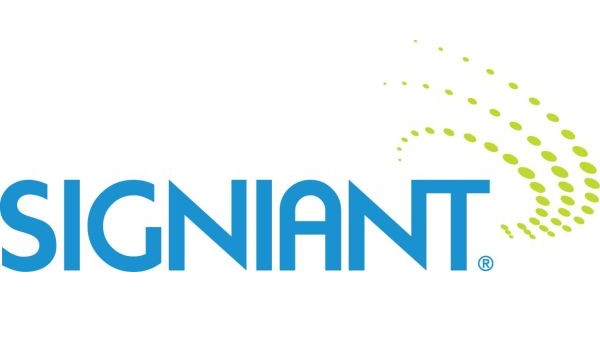CEA: Consumers Plan to Sell, Donate or Recycle 95 Percent of Analog TVs
The professional video industry's #1 source for news, trends and product and tech information. Sign up below.
You are now subscribed
Your newsletter sign-up was successful
Millions of analog televisions could be obsolete after the digital transition—unless their owners can get digital signals using converter boxes, or want to continue watching low-power, Class A and translator stations.
But a new CEA study says nearly all those sets, laden with toxic substances, will be sold, recycled or donated instead of being tossed in the landfill.
The study, “Trends in Consumer Electronics (CE) Afterlife,” shows that households receiving broadcast signals only over-the-air expect to remove fewer than 15 million televisions from their homes through 2010, 95 percent of which will be sold, donated or recycled. Many OTA-only households (48 percent) expect to buy a digital converter box (48%) and continue using the same TV.
“Consumers are far more likely to recycle, reuse, give away or sell analog TVs than throw them away,” said CEA Senior Director of Market Research Tim Herbert. “While some have speculated that millions of TVs would enter the waste stream, this new study suggests that is not the case.”
Recycling is an increasingly common way to dispose of unused TVs. In fact, according to the survey, consumers report recycling nearly 30 percent more TVs in 2007 than in 2005. That trend also extends to other consumer electronics. While only 3 percent more devices were removed from homes in 2007, 27 percent more devices were recycled, according to CEA.
“We see a very positive trend developing when it comes to CE afterlife,” said Herbert. “A full 87 percent of consumers say it’s important to recycle their CE devices. Not only is traditional recycling an increasingly popular option for consumers, but the vast majority of consumers report that they give away or sell unused devices, which is also a form of recycling.”
Among those consumers that did report throwing away a TV in the last year, 42 percent reported that they weren’t aware of recycling programs for electronics.
CEA’s consumer Web site, www.myGreenElectronics.org has information about the responsible use, reuse and recycling of electronics and also includes a database of electronics recyclers searchable by Zip code.
The professional video industry's #1 source for news, trends and product and tech information. Sign up below.
